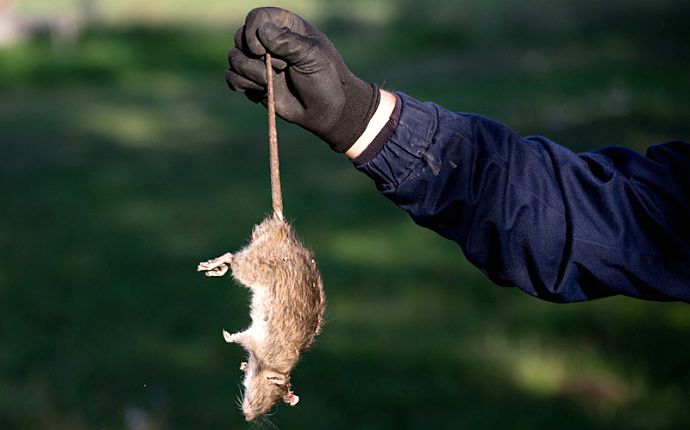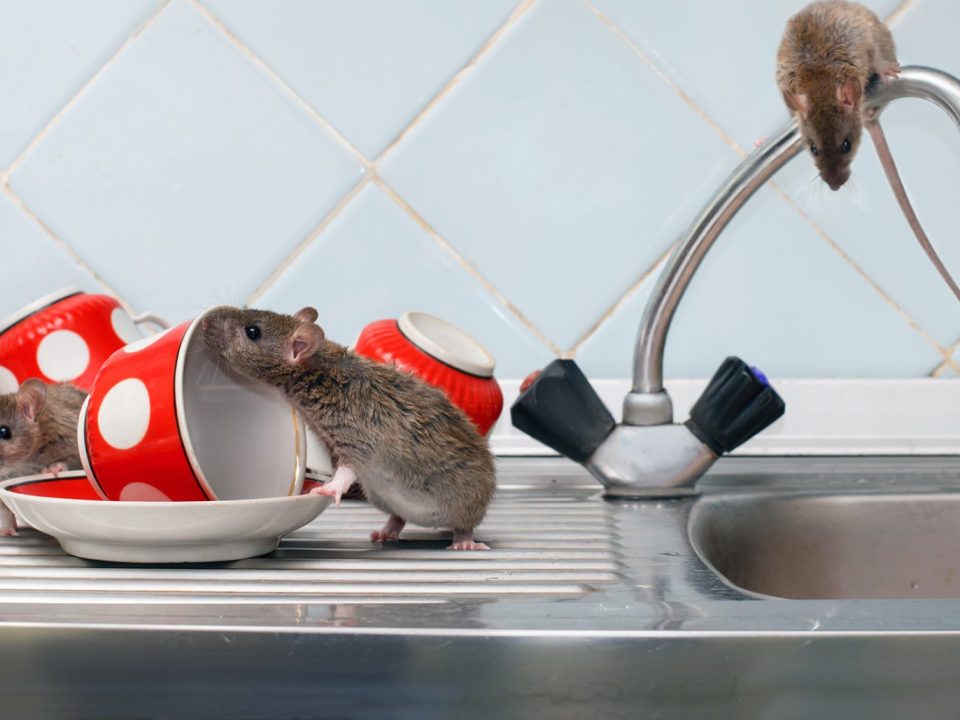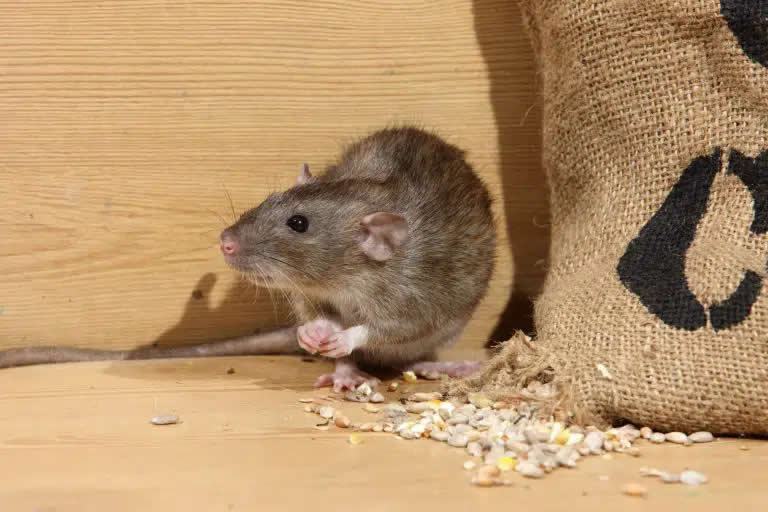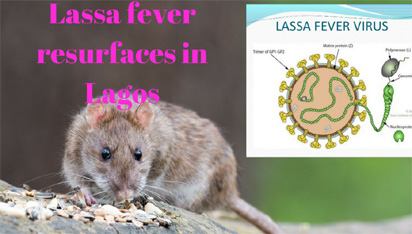
How to Terminate Rats in your House
March 1, 2023
Diseases Spread by Rats
March 3, 2023How to Locate and Dispose a Dead Rat

Rats cause a lot of havoc in the home apart from the diseases they carry. They destroy valuables in the house and even steal our food. As bad as all these negative attribute are, it still does not compare with finding out a rat is dead in your home. The smell of a dead rat is disgusting especially when it has already started decomposing. The situation becomes even worse when you are unable to locate the exact location of the dead rat.
One of the major reason a rat can die in your house is if they fed on rat poison in your bid to get rid of them. If the rat population is low it will be better to try other methods of getting rid of rats like trapping. A challenge you may encounter in trying to locate the position of a dead rat is the fact that rats crawl into little spaces where they are difficult to locate. However this article will help you learn how to discover the position of a dead rat as well as how to dispose them.
How to check for a Dead Rat in Your House
The presence of a dead rat can be identified by the smell. The odor is very bad, so bad that it is difficult to stay a night longer. the smell comes from the putrefaction taking place as it gets rotten. It is necessary to remove it as soon as possible as it also posses some health risks
Another sign that indicates a dead rodent’s presence is a large number of flies flying around any particular area of your apartment.
What to do When You Smell a Dead Rat?
When you discover a dead rat in your house try to locate the Carcass through the method stated above.
Although the thought of a dead rat lying around your apartment or on your roof will make you want to run away at that very moment, it is essential for you to inspect your home and roof and locate the rodent.
Since insects such as ants, flies, beetles, etc. are attracted to rotting pests, looking for any odd number of insects gathered in any specific area of your home, will help you find the rodent soon and easily.
Dead rat smell is harmful to health and can carry bacteria and allergens into the air of your home. When nature takes its course, the rat will decompose entirely in about a month and the smell will be gone soon after. However, waiting is no way to deal with the problem. When you notice a dead rat smell coming under the floor or in a wall cavity, the gases and harmful compounds from the rat are reaching your airways and creating health risks. It’s necessary to take action to deal with the smell of dead rats, for comfort and for safety.
The best way to avoid the noxious aroma and health risks that come with dead rats in your home is to promptly eliminate the corpses. This is yet another reason why snap traps are worth using; they kill the rat quickly with little suffering and keep the body in an accessible place.
How to Remove the Rat Carcass
Once you have located the carcass, it is essential to get rid of it immediately, otherwise the stench will continue to linger and get stronger, attracting more pests and insects to your apartment. Depending on where the rat died, the removal process will either be difficult or easy.
Often rats go into air vents, inside the wall, or in the ceiling and die, which makes the removal process difficult. Keep in mind that the removal process should not be taken lightly or done with bare-hands, without protective gear.
Since rodents contaminate objects they touch and live inside, the removal of these objects is just as essential as the removal of the carcass. If it is something you can get rid of then do so. However, if you can’t ensure that you sanitize it well before using it.
Protective Equipment Needed:
- Protective gloves and clothing
- A respirator or dust filter mask
- A plastic bag
- A trash bag
After donning your mask and protective gear, place the rat into the plastic bag and seal it. Then, place that bag into a separate trash bag and tie the trash bag tightly. This may seem like overkill, but it’s better to be safe than sorry. You may be able to throw the rat into your outdoor trash bin. However, some cities have strict rules for disposing of dead animals. Therefore, it’s a good idea to call a pest control company or your city’s public animal control service to be sure it’s OK to put a rat in a dumpster or out for curbside pickup.
That being said, rats aren’t always considerate enough to expire in open areas where you’ll be able to easily spot them. Sometimes, you’re more likely to notice the smell of a rat decaying in your attic, or, worse yet, your walls or air vents. If that’s the case, your best bet is to call a rodent control specialist who will be better able to locate the source of the smell — and remove it.
Next Steps After Dead Rat Removal
Rats are social creatures, which means that if you find one dead rat, there are likely more living rats somewhere nearby. To help avoid coming across another rat, be it dead or alive, you’ll need to take the following preventative measures:
Keep up with building repair and maintenance to eliminate entry points.
Trim tree branches so that they don’t touch your home or building, giving rats a means of climbing indoors.
Block rain gutters with wire or mesh so rats can’t climb up them.
Deter rat tunneling by laying stones or a patio around your home and by keeping yards neatly mowed.
Invest in a heavy-duty outdoor trash can that rats can’t get into.
Make sure food preparation and eating areas are properly cleaned and store food in air-tight containers.
Don’t flush food products or leave them sitting in drains.
Rats are unsanitary and can cause major damage to your home or office, whether they’re dead or not. If you come across a dead rat or think you have an infestation, don’t hesitate to contact a rodent control professional.



